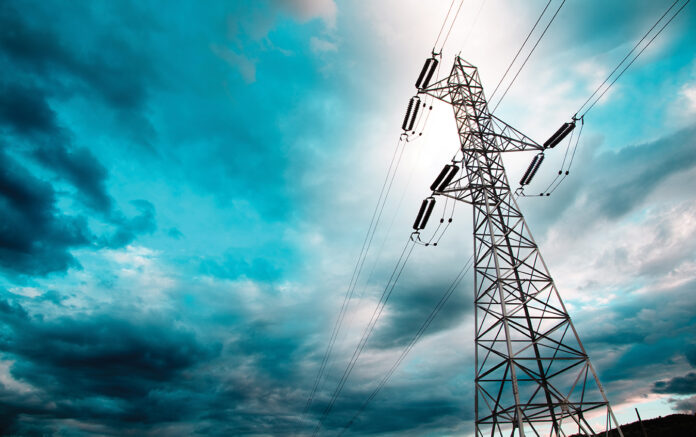
As the current session of the Texas legislature winds down to a merciful end, it has now become obvious that members of the house and senate will once again fail to enact needed reforms designed to stabilize the grid and protect citizens from deadly weather events like the one the state suffered in February. Senate Bill 3, the main vehicle for power grid reform still alive, would leave weatherization requirements up to the Public Utilities Commission to write and would do nothing whatsoever to ensure that additional generation capacity is built in the state in the years to come.
The lack of weatherization of power plants and some natural gas transportation infrastructure and lack of adequate backup dispatchable power generating capacity on the grid were the two main reasons why millions of Texans were left in the cold and dark for the better part of a week as the state froze in mid-February. Let us never forget that more than 200 Texas citizens died as a result.
Apparently some member of the legislature have already forgotten that deadly reality, and succumbed to pressure from the state’s power generator lobby to do little to effectively reform the grid in this session, exactly as so many did after a similar weather event in February 2011 caused massive blackouts across the state.
Senate Bill 3 in its original form contained much stronger requirements for weatherization, as well as a plan for the state to mandate the construction of significant new backup generation capacity, but those provisions were watered down or, in the case of backup generation, discarded entirely by the House State Affairs committee. The version of the bill approved by the full house early this week represents yet another triumph of lobbying power and miserable failure of political will by the members of the Texas house.
The watered down bill now goes back to the senate for its approval. Should it pass and be signed by Governor Abbott into law, the PUC would not even begin to deliberate on writing regulations until October, and thus would not complete its process – during which its members will also be subjected to heavy lobbying by power generators and other players in the grid – until sometime in 2022.
As a result, Texans will just have to hope that the grid managers at ERCOT can somehow manage our generating capacity-deprived grid through another long, hot summer without significant blackouts and hope against hope that the state does not experience another severe winter storm in 2022 like the ones we endured in 2011 and 2021.
Hope is not a plan, relying on ERCOT has already been clearly proven unwise, and this bill is not a solution to what ails the grid. Texas voters should take care to identify the members of the house responsible for watering down what was a pretty good senate bill and work hard to vote them all out of office next year.
That is all.
















